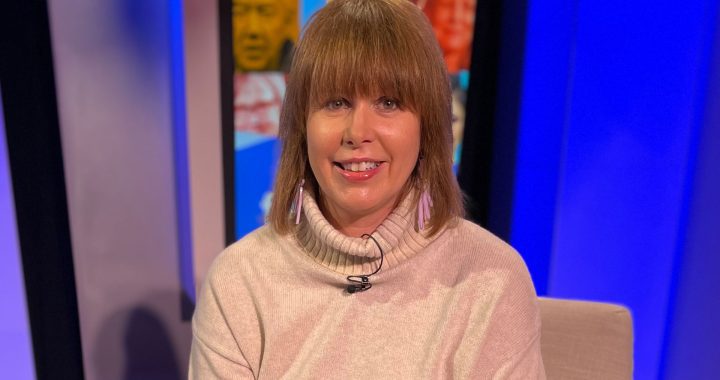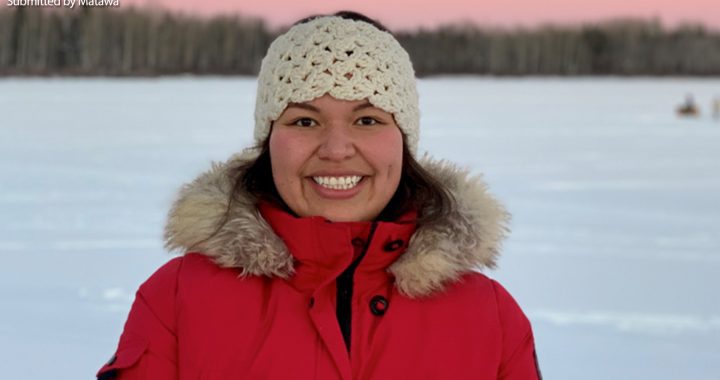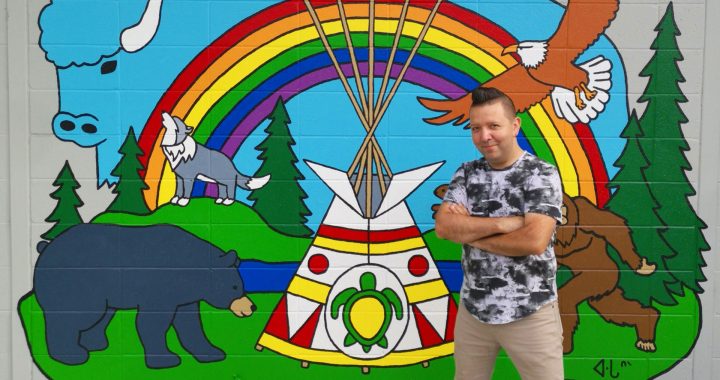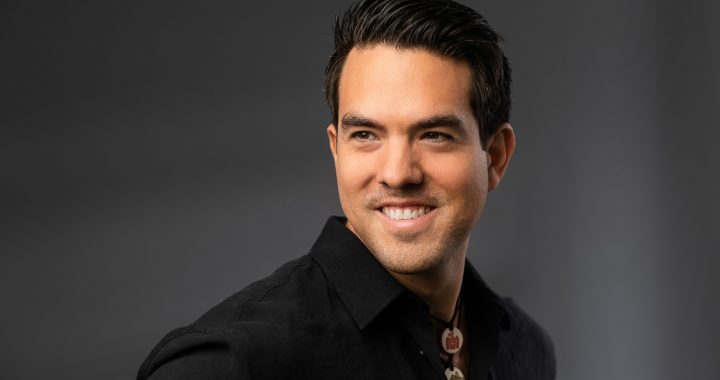The way Indigenous stories are told and the number of Indigenous people telling those stories has come a long way since Duncan McCue started his career.
“When I started, 25 years ago, I didn’t meet many young Indigenous students who saw a place for themselves in the newsrooms,” says McCue, on the season premiere of Face to Face.
“The newsrooms were predominantly white. Canadian media has had and still has a whiteness problem, and so when Indigenous people would show up in the newsroom, they didn’t feel culturally safe, they would pitch ideas that weren’t getting listened to, and they would move on after a short internship or something like that.
“They would say, ‘Forget it, this place doesn’t want to listen to who I am, they want to turn me into what they think a reporter looks like, sounds like, the kinds of stories that reporters tell,’” says McCue.
The award-winning journalist says Indigenous stories were pretty much non-existent, unless there was a big tragedy or conflict like Oka.
“All we got from television media but also print and radio was the tragic Indian, the pitiful and poor Indian, or the angry Indian. And for most Canadians, who don’t have experience going to First Nation communities or Inuit communities, who may not even know Indigenous people, their whole idea of us, is shaped by what they see in popular media and news in particular,” says McCue.
McCue believes two events in particular, the 2015 release of the final report of the Truth and Reconciliation Commission and the 2020 death of George Floyd, led to a reckoning in Canadian newsrooms.
Still, he says, there is a lot of work to do.
A recent survey by the Canadian Association of Journalists, found “84 per cent of newsrooms employ no Indigenous journalists. Of those that do, 74.8 per cent work at either the CBC or the Aboriginal Peoples Television Network.”
McCue, who is Anishinaabe from the Chippewas of Georgina Island First Nation in southern Ontario, hopes to grow the number of Indigenous journalists and that starts with enrolment in journalism programs across the country.
It’s one of the reasons he says he made the difficult decision to step away from journalism full time to teach at Carleton University’s School of Journalism in Ottawa.
The university is looking to start a remote program, to reach Indigenous students in their own communities, something McCue has been advocating for – amplifying and uplifting those voices in the north and rural communities.
“I do think it’s a super exciting time to be an Indigenous journalist,” he says. “In particular, because for so long in this industry there were gatekeepers, who were city based and who were white and who were often male and they have defined what is newsworthy and they defined what made the front page of the newspaper and leads the newscast.
“Now, with podcasts and social media and the opportunities to be on Indigenous media like APTN, we have more opportunities than ever before to share our stories and share our news.”
McCue has taught at various post-secondary institutions over the years. He also wrote Decolonizing Journalism – A Guide to Reporting in Indigenous Communities, a resource that is taught in many journalism classrooms.
Still, it was not an easy decision to give up storytelling.
McCue feels privileged to be heard and told so many stories on radio and television over the past 25 years but two have really stuck with him.
Working on the eight-part Kuper Island podcast about one of Canada’s most notorious residential schools is one of them. McCue says the survivors were “incredibly generous” especially as the work on the podcast began shortly after the discovery at the former Kamloops residential school when things were particularly raw.
McCue often thinks of Marlene Bird, a homeless woman in Saskatchewan who was brutally attacked, set on fire, and lost her legs and the resiliency she taught him about coming back from such a horrendous incident.
This past summer, the Indigenous Journalists Association named McCue as the recipient of the 2023 NAJA-Medill Milestone Achievement Award.












